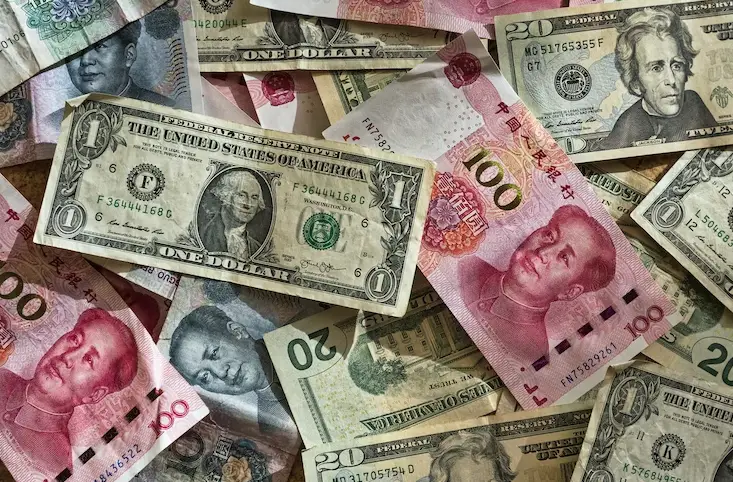According to a statement released Thursday, China Chengxin International Credit Rating Agency (CCXI) has cut the United States’ sovereign credit score by one notch earlier in the week, making it the first credit ratings agencies to downgrade the United States.
The ratings agency, a joint operation between Beijing Zhixiang Information Management Consulting and the US ratings agency Moody’s, dropped the US’ rating from AAAg to AAg+, and put the nation on review for a further downgrade.
The statement said, “The intensification of political divisions between the two parties in the United States has increased the difficulty of resolving the debt-ceiling issue.”
The statement added, “Even if a consensus is reached, the brinkmanship would pose uncertainty to the US government’s policy path and dampen economic confidence, which could trigger further volatility in the US politics and economy.”
CCXI maintains that US debt sustainability is currently undergoing strain, as the United States maintains the highest level of borrowing among all of the prior AAAg rated countries. Also complicating the picture is a highly hawkish monetary policy being implemented by the United States Federal Reserve. The key interest rate of the regulator has been raised numerous times over the past several months, which raises the risks to the financial system of asset depreciation causing banks to find themselves underfunded, and raises the risks of bank failures and a potential collapse in confidence in financial institutions.
The US was already put on a watch for a potential downgrade by the ratings agency Fitch, which warned the United States could lose its AAA rating due to the possibility it will be unable to pay its bills within a matter of days if it cannot follow through on a deal to raise the nation’s borrowing ceiling. At the same time, ratings agency Moody’s released a statement noting that a mid-June interest payment on Treasuries will be a crucial factor in the nation maintaining its AAA status.
Republicans and Democrats have been attempting to negotiate a deal on the debt ceiling for months now. Late Saturday it was announced President Joe Biden and House Speaker Kevin McCarthy had worked out a deal in principle.
However that deal must now be approved by both houses of Congress. Already the deal is receiving criticism from both sides of the aisle, as Senator Lindsey Graham has announced he cannot support it due to the military spending being “a joke.” A more politically independent Senator Rand Paul has complained in a tweet that the deal consists of “fake spending cuts.” On the left Representative Debbie Dingell bemoaned the cuts to IRS funding, which she says will hurt the government’s ability to produce more revenue, and other Democrats have bemoaned work requirements being implemented before poorer Americans can access certain social programs.
If the agreement were to fail and the US defaulted on its debts, which have swelled to $31 trillion, it would be the first time in history the Untied State had not paid its bills.

